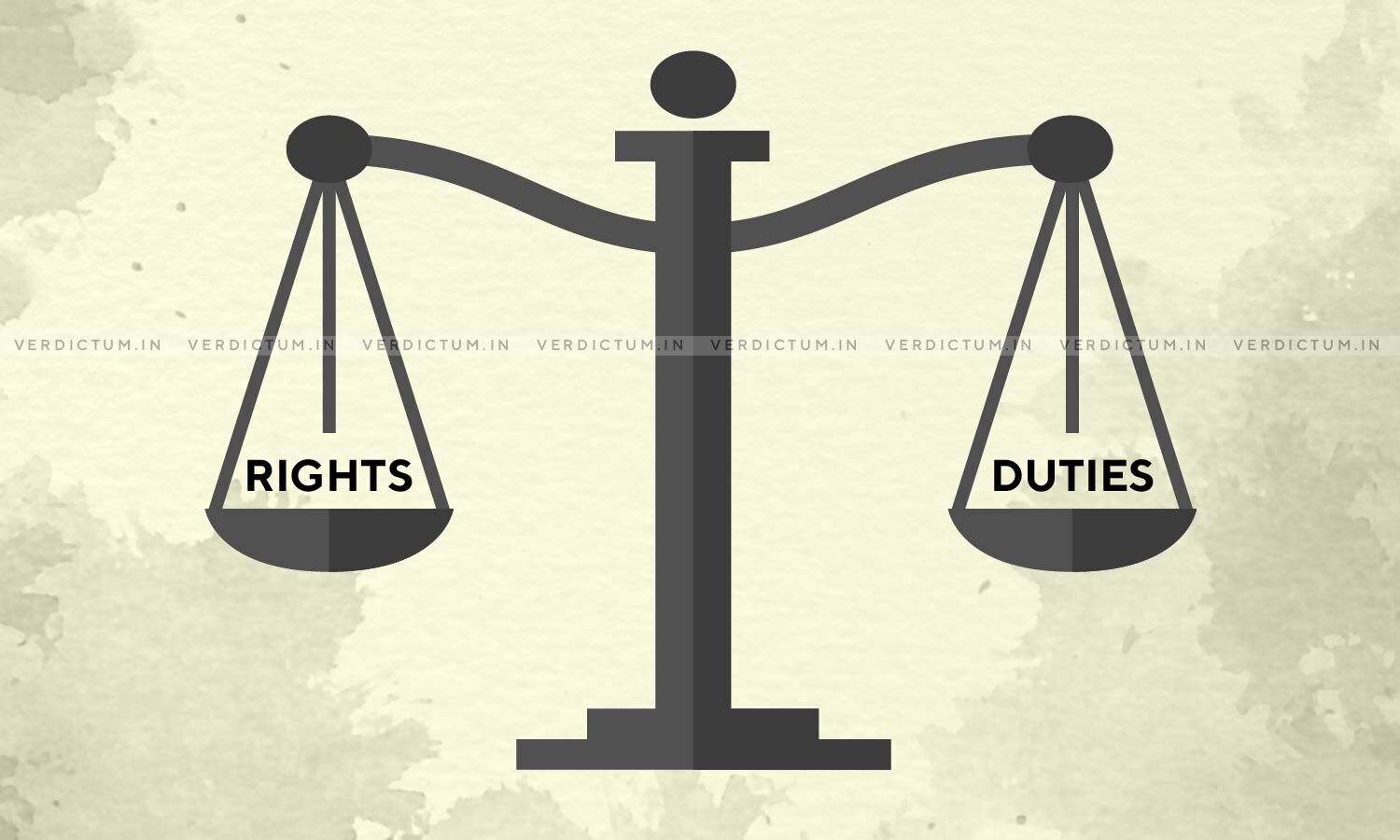
In today’s fast-paced world, the pursuit of success and ambition is often prioritized, sometimes at the expense of self-care. For high achievers, the drive to excel can lead to burnout, stress, and diminished well-being. However, it’s crucial to recognize that achieving goals sustainably requires a balanced approach. In this article, we’ll explore effective strategies to help high achievers strike a harmonious equilibrium between ambition and self-care.
The path to success is riddled with pitfalls that can threaten your well-being. If you’re an ambitious person with big goals for your future, it’s important that you develop strategies for avoiding these common traps. In doing so, you’ll be able to live a more fulfilled life while still reaching your objectives.
Setting Clear Goals and Priorities
Setting clear goals is the first step in any endeavor. Without a destination in mind, you’ll have no idea where to go or how to get there. The same is true for your career. Before diving headfirst into your pursuits, take a step back and define your goals, both short-term and long-term. Knowing what you’re working towards will help you allocate your time, energy, and resources more effectively. Additionally, prioritize your goals based on their importance and urgency. This focused approach will enable you to channel your efforts towards what truly matters.
If you’re like most people, you likely have dozens of different aspirations that fall under the umbrella of “career.” It’s easy to become overwhelmed by all of these competing interests and feel like nothing will ever get done if you don’t start making progress now! But setting clear intentions for each goal will help you focus attention on just one thing at a time so that when it comes time to make decisions about which projects deserve priority status — or whether or not they should be moved forward at all — it won’t be as difficult to make those calls based on what’s truly important to you.
Practicing Mindfulness and Meditation

Engaging in mindfulness exercises or meditation can significantly enhance your ability to stay present, reduce stress, and improve your focus. These practices promote mental clarity and emotional well-being, enabling you to make more deliberate and effective decisions.
Mindfulness is a practice of being fully aware and attentive to what’s happening in the present moment without judgment or criticism. It helps you to be fully engaged with what’s around you instead of dwelling on the past or worrying about the future. Mindfulness can be practiced in any situation, such as walking, eating, working or even just sitting still.
Meditation is another way to become more mindful by focusing attention on an object such as the breath or a word that helps quiet the mind so that it doesn’t wander off into thoughts about other things. Meditation can be done for any length of time and at any place. Many people find it helpful to use guided meditation CDs when they start out because it can be difficult for beginners to sit still for long periods of time without getting distracted by thoughts or feelings that arise from within themselves or from outside distractions like noises from other people or animals outside their window.
Ensuring Adequate Sleep
Sleep is often undervalued, yet it plays a crucial role in cognitive function, emotional stability, and overall well-being. Aim for 7-9 hours of quality sleep each night to allow your body and mind to recharge fully. When you’re awake, your brain is constantly taking in information from the environment and processing it. Sleep allows your brain to consolidate this information into memories so that you can retain it over time.
Sleep also helps restore the body’s energy reserves and clears away toxins created by normal metabolism during the day. When an animal is deprived of sleep for several days, its body shuts down — organs start to fail and its immune system begins to break down. For humans, sleep deprivation can lead to fatigue, irritability, headaches and impaired judgment — not ideal when you’re trying to build a career!
Delegating and Collaborating
Delegating and collaborating are two of the most important skills for a leader to master. When you delegate, you’re empowering people to make decisions and carry out tasks on your behalf. When you collaborate, you’re working together with others toward a shared goal.
If you’re not delegating and collaborating, it’s likely that you’re carrying out many tasks that could be done by others or that are better suited for someone else to handle. That means you’re either overloading yourself with tasks that could be done by others or missing out on opportunities to help others grow their skills and take on additional responsibilities.
Scheduling Breaks and Downtime
Regular breaks throughout the day actually enhance productivity and creativity. Allocate specific time for leisure activities and hobbies that you enjoy. These moments of relaxation are essential for rejuvenation and maintaining a healthy work-life balance.
Set aside specific time for rest and relaxation. This could be as simple as taking a short walk around the block, sipping coffee in the break room, or simply relaxing at your desk with the door closed. Schedule downtime in advance so that it doesn’t feel like a waste of time. For example, if you want to take a 30-minute break after working for two hours, schedule it in your calendar as such so that you don’t end up staying late at work to make up for lost time.
Regular Reflection and Reevaluation
The process of self-reflection is an important part of the personal growth journey. It can be challenging to understand yourself, your motivations and needs, but the rewards are worth it.

The first step in the process of self-reflection is simply taking time to step back from your day-to-day life and reflect on who you are and what you’ve accomplished. Periodically reflect on your progress and accomplishments. Celebrate your successes and learn from your challenges. Reevaluate your goals and priorities to ensure they continue to align with your values and aspirations.
There are many different ways to conduct a personal reflection exercise. Some people like to journal their thoughts in a notebook or computer file; others prefer more visual methods like drawing or collages of images that represent their lives or feelings at any given time. There’s no right way or wrong way — just whatever works best for you!
Practicing Self-Compassion
Self-compassion is about treating yourself with kindness and understanding, especially during demanding times. It’s about recognizing that you’re human and imperfect, and that you need love and support to get through this life just like everyone else. In addition, self-compassionate people tend to be less self-critical than those who are not. And when they experience negative emotions such as anger or anxiety, they’re more likely to accept these feelings as a natural part of life rather than fight them or try to push them away. This acceptance helps them feel better over time because it reduces the stress associated with having negative emotions.
Balancing ambition with self-care is not a one-size-fits-all endeavor. It’s a dynamic process that requires self-awareness, adaptability, and a commitment to your well-being. By implementing these strategies, high achievers can pursue their goals with vigor and purpose, while also nurturing their mental, emotional, and physical health. Remember, achieving success sustainably is a journey, and prioritizing self-care is an integral part of that journey.
RUCHI RATHOR Founder & CEO
Payomatix Technologies Pvt. Ltd.
FOUNDER AND INVESTOR | PAYMENTS PROCESSING EXPERT | MERCHANT ACCOUNT SOLUTIONS | WHITE LABELLED PAYMENT GATEWAY | Dreamer, Creator, Achiever, Constantly Evolving
Website Ruchi Rathor: https://ruchirathor.com
Website Healing Heart https://thehealingheart.me/
Instagram https://www.instagram.com/ruchirathor/
LinkedIn https://www.linkedin.com/in/ruchirathor12/
Facebook https://www.facebook.com/ruchi.rathor.magnificient
Tumblr https://www.tumblr.com/blog/ruchirathor-thehealingheart
Medium https://medium.com/@ruchirathor_23436









